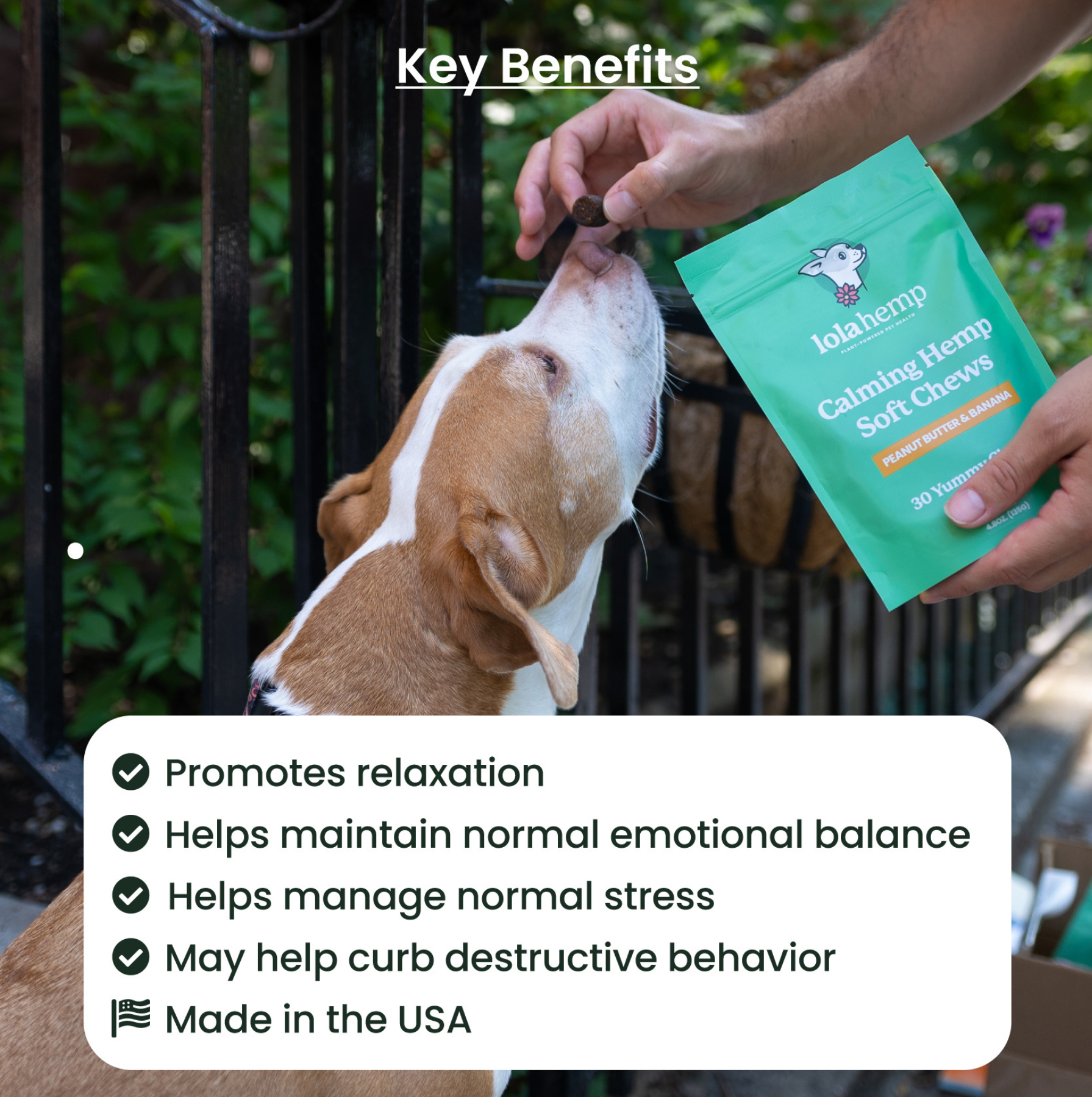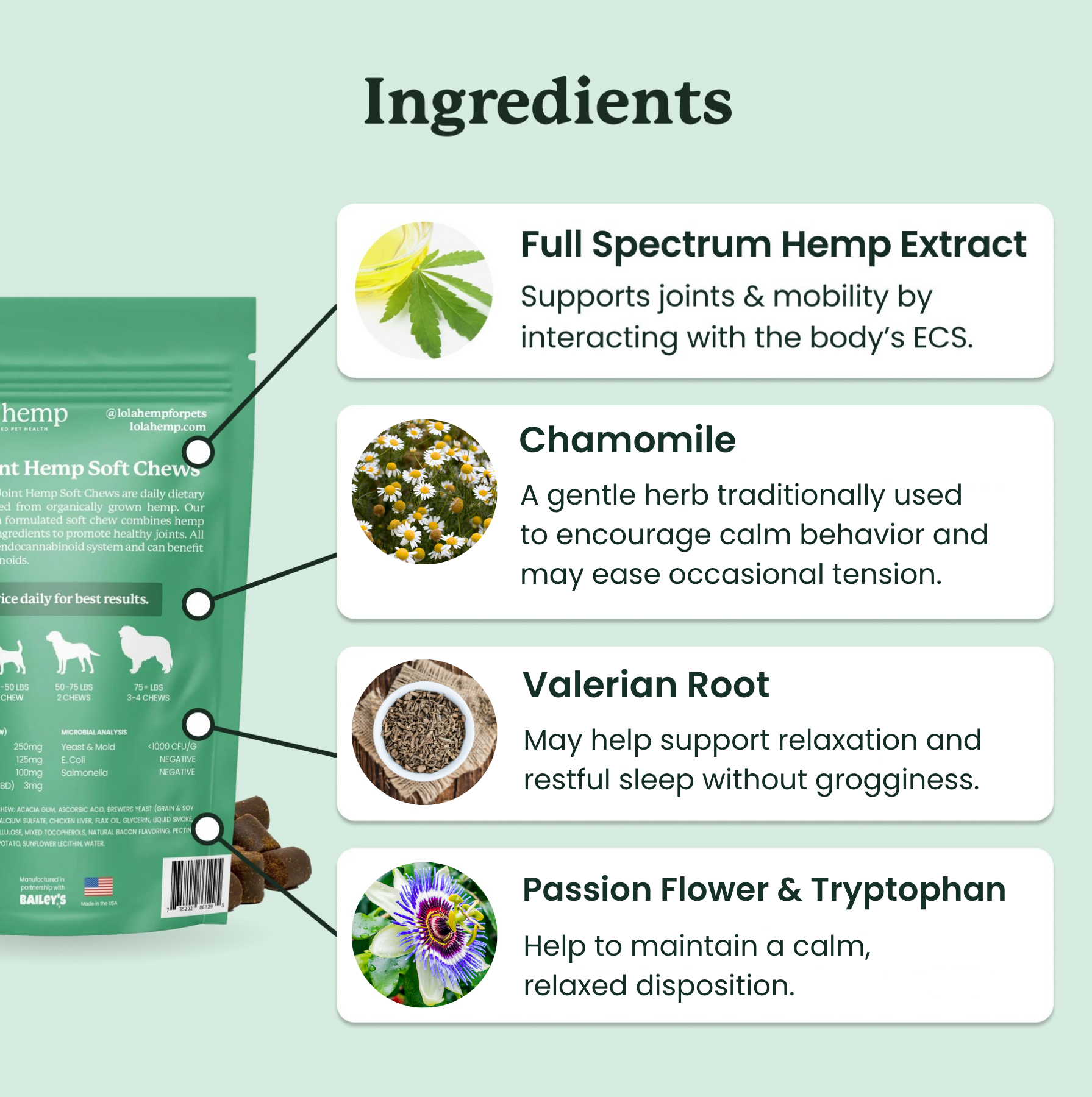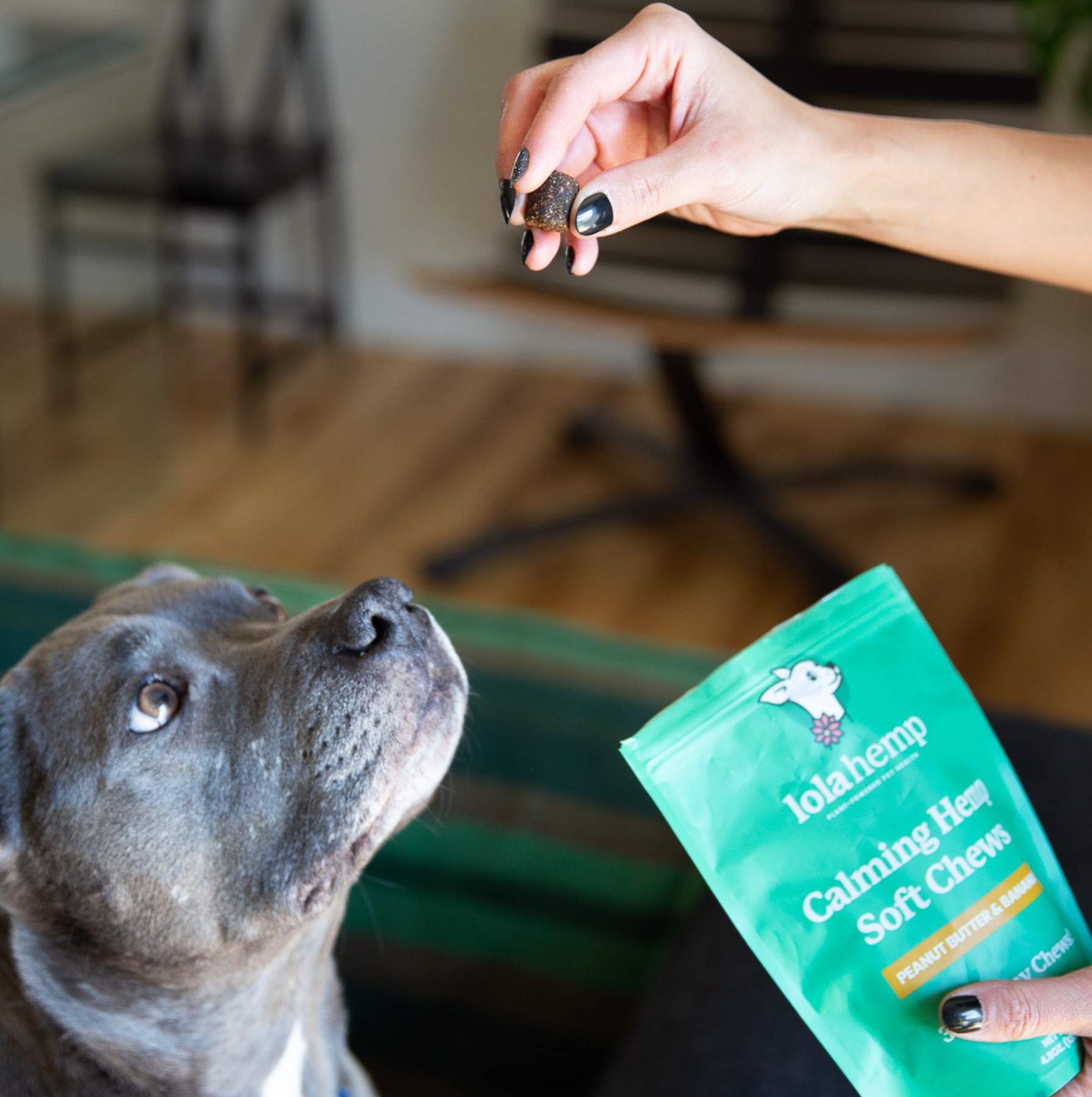Is your dog spending more time sleeping than usual? This could be a cause for concern, but there are plenty of reasons dogs sleep more or less depending on age, health, and environment.
Some causes are serious, while others are completely normal. This article explores the key reasons behind increased or decreased sleep in dogs, so you can know when to relax—and when to call your vet.
- How Much Should Healthy Dogs Sleep Each Day?
- What Causes Dogs to Sleep More Than Usual?
- What Causes Dogs to Sleep Less Than Usual?
- Conclusion
- Frequently Asked Questions About Dogs Sleeping More or Less
- 1. How many hours a day should my dog sleep?
- 2. Why is my dog suddenly sleeping more?
- 3. When should I be worried about my dog’s sleep changes?
- 4. Can stress make my dog sleep more?
- 5. Why is my senior dog sleeping all day?
- 6. Can dogs get depressed and sleep more?
- 7. Why is my dog restless and sleeping less?
- 8. What diseases make dogs sleep a lot?
- 9. How can I help my dog sleep better?
- 10. Should I wake my dog if they’re sleeping too much?
How Much Should Healthy Dogs Sleep Each Day?
All dogs sleep most of the day, but the total varies by age and activity level.
Puppies:
- Sleep the most—around 18–20 hours per day.
- Alternate between bursts of energy and deep naps.
- Begin to normalize around 3–6 months old.
Adult Dogs:
- Average 12–14 hours per day, including naps.
- Active days or lifestyle changes may slightly increase sleep.
Senior Dogs:
- Average 14–18 hours per day.
- Age-related slowing, joint pain, or cognitive decline contribute to longer rest periods.
Small daily variations are normal, but sudden changes lasting multiple days can signal a problem.
What Causes Dogs to Sleep More Than Usual?
1. Reduced Activity or Boredom
When dogs lack physical and mental stimulation, they often nap out of boredom—especially during winter or when their owner’s schedule limits playtime. Prolonged boredom can also contribute to dog depression, often marked by lethargy and increased sleep.
2. Hidden Health Conditions
Gradual increases in sleep can indicate underlying health issues, particularly when paired with appetite or behavior changes.
- Hypothyroidism: Low thyroid hormone levels cause fatigue, especially in middle-aged or senior dogs.
- Arthritis or Joint Disease: Pain and inflammation make movement tiring and recovery slower.
- Infections: Bacterial, viral, or tick-borne illnesses often cause sudden fatigue and longer naps.
- Other diseases: Kidney disease, anemia, diabetes, or liver disease may all cause excessive sleep.
3. Environmental Changes or Stress
Dogs are sensitive to household changes—moves, new pets, or the loss of a companion can temporarily alter sleep. Once they adjust, sleep patterns usually normalize. Maintain predictable routines and calm spaces to ease transitions.
What Causes Dogs to Sleep Less Than Usual?
1. Canine Cognitive Dysfunction (CCD)
Senior dogs with CCD (similar to dementia) may struggle to sleep deeply and pace or whine at night. This “sundowning” behavior reflects confusion and disrupted circadian rhythms.
2. Pain
Pain makes restful sleep difficult. Dogs with arthritis, injuries, or internal discomfort often toss and turn or wake repeatedly.
- Arthritis: Joint pain worsens at night or in cold weather.
- Injuries: Bruises, strains, or post-surgical soreness disrupt rest.
- Internal pain: Dental or organ discomfort can cause shallow, broken sleep.
Conclusion
Monitor your dog’s sleep habits closely. Sleeping more or less for more than a day or two warrants a vet visit. If lifestyle or environmental factors explain the change, your dog will likely return to normal—but when in doubt, seek professional guidance to rule out health issues.
Frequently Asked Questions About Dogs Sleeping More or Less
1. How many hours a day should my dog sleep?
Puppies sleep 18–20 hours daily, adults 12–14 hours, and seniors 14–18 hours. Variations are normal unless sleep changes are sudden or prolonged.
2. Why is my dog suddenly sleeping more?
Common causes include boredom, lack of exercise, mild illness, or aging. Gradual fatigue may point to thyroid, joint, or metabolic issues.
3. When should I be worried about my dog’s sleep changes?
If your dog sleeps excessively for several days, acts lethargic, or shows appetite, weight, or behavior changes, contact your vet.
4. Can stress make my dog sleep more?
Yes. Changes like moving, new pets, or loss can increase sleep temporarily until your dog adjusts.
5. Why is my senior dog sleeping all day?
Senior dogs naturally sleep more due to reduced energy, slower metabolism, and possible joint discomfort or cognitive decline.
6. Can dogs get depressed and sleep more?
Yes. Boredom or emotional changes can cause lethargy and extra sleep. Regular play and engagement can help improve mood and energy.
7. Why is my dog restless and sleeping less?
Pain, discomfort, or cognitive decline can interrupt sleep. Arthritis and injuries are common culprits in older dogs.
8. What diseases make dogs sleep a lot?
Hypothyroidism, infections, anemia, diabetes, and organ disease are common medical causes of excessive sleep in dogs.
9. How can I help my dog sleep better?
Provide consistent routines, comfortable bedding, regular exercise, and quiet sleeping areas. Address any pain or anxiety with your vet.
10. Should I wake my dog if they’re sleeping too much?
Let your dog rest unless they miss meals, seem unresponsive, or their increased sleep lasts multiple days—then consult a vet.









